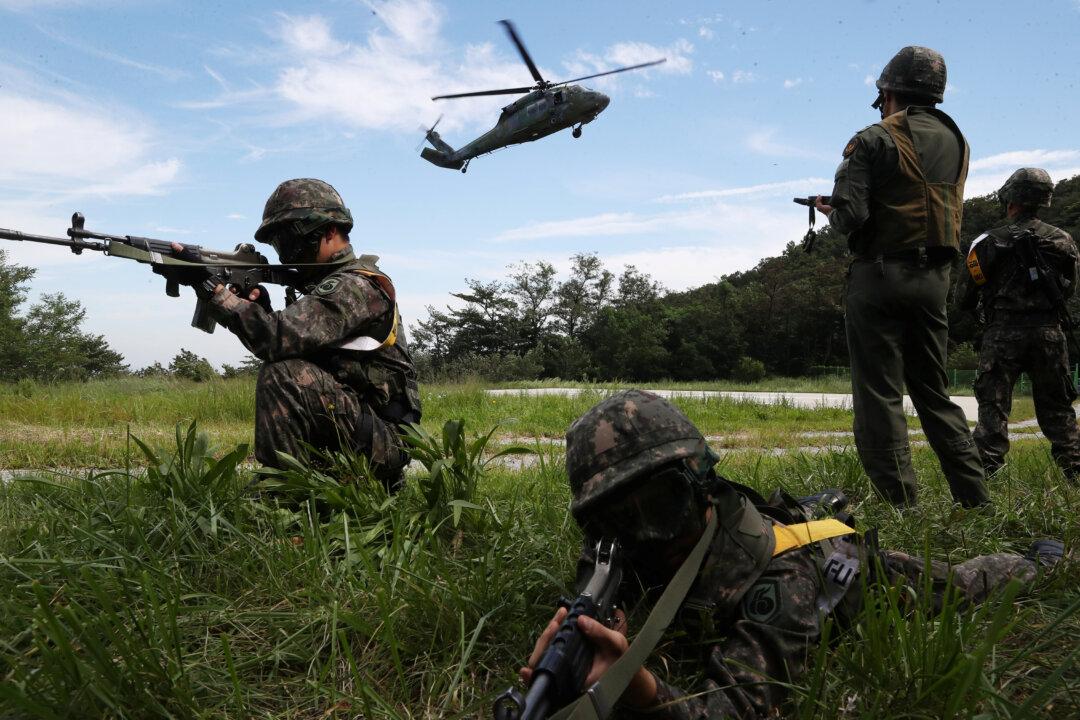The United States and South Korea on Aug. 22 began their largest combined military exercises to bolster a deterrence posture after years of downsizing their annual drills to make room for diplomacy with North Korea and also because of COVID-19 concerns.
The drills, known as Ulchi Freedom Shield (UFS), will last until Sept. 1, and include a computer-simulation command post exercise, field training, and civil defense drills, Yonhap News Agency reported.





